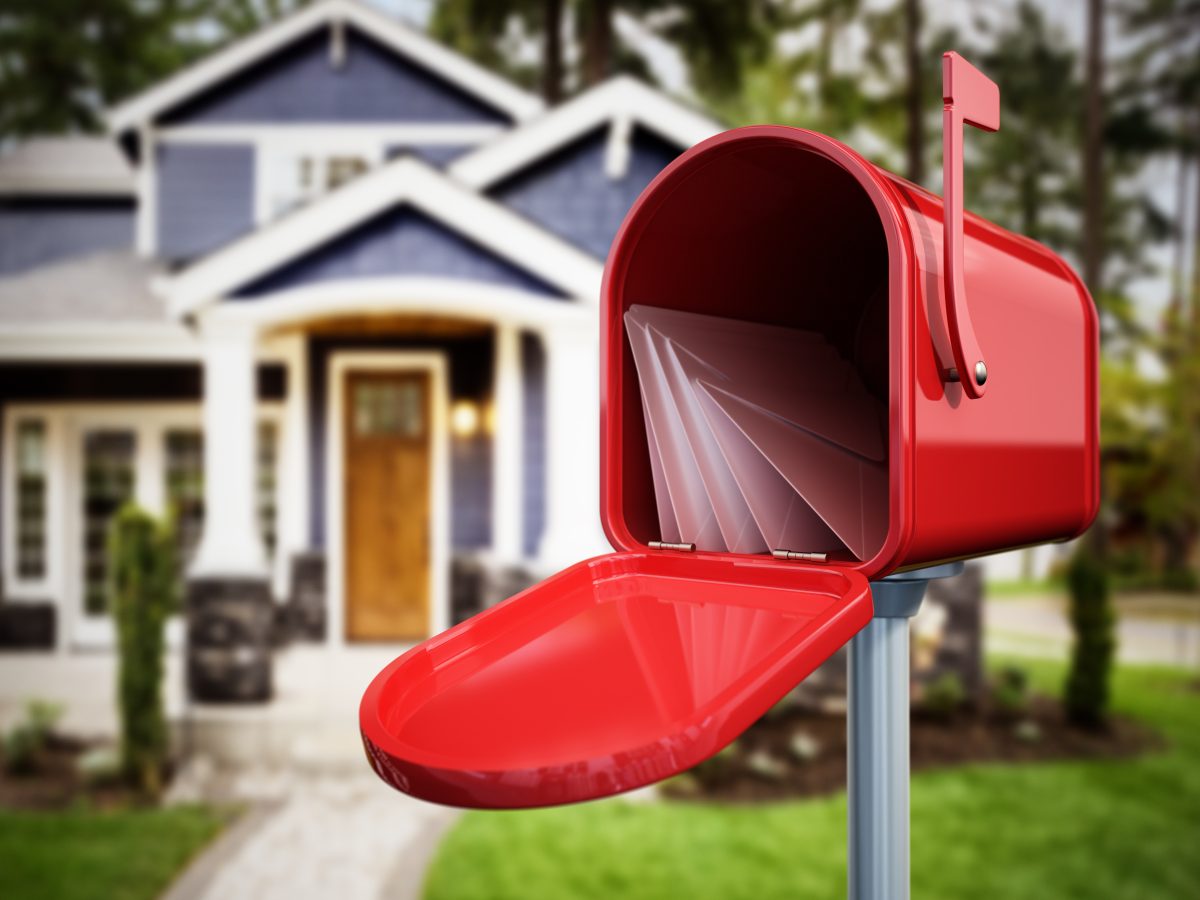Unlock precise deliverable address verification with enhanced contactability
Precise verification of consumer contact information is a critical aspect of doing business and vital to creating positive customer experiences. Our sister company, Loqate, found that businesses lose over $190,000 a year due to faults in fulfilment. Poor contactability can be a factor in a negative customer experience which is estimated to cost businesses between $75 billion and $1.6 trillion per year. Loss of future revenue is also a factor, given 81% of consumer say they’ll leave a company due to lacklustre customer service.
A business could face regulatory issues if sensitive documents fall into the wrong hands. Failure to reach customers when sending important account information or physical items like credit cards, can result in downstream consequences beyond regulatory and fraud risks, such as missed payments or late fees.
Given the risks associated with having poor address data, companies have a lot to gain from an enhanced contactability solution that can quickly and accurately validate an address.
Benefits of enhanced deliverable address verification
With enhanced address verification, businesses can make smarter decisions and deliver superior customer experiences with unrivalled precision and reliability. Address verification can offer businesses key advantages:
1. Confirm that an address is deliverable and current
There may be several reasons an inputted address, which is the address provided by a consumer, may not be deliverable. The address may be legitimate but entered incorrectly, 74% of companies report bad address data as a major culprit for failed deliveries. People also move; it’s estimated the average person moves about 11 times over the course of their life. In these instances, address verification can provide a vital fail-safe.
2. Validate address legitimacy
IDology fraud experts see several different suspicious trends and insights over the year, several coming out of tax season specifically. Our experts identified that fraudsters will commonly input an address to a vacant or abandoned lot. So, while the address may be ‘real’ it could be associated with a location a business doesn’t want to waste money delivering to.
3. Match a legitimate address to a real person
While a legitimate consumer might make an honest mistake while entering their address, fraudsters commonly commit fraud using real addresses. USPS reported a 167% increase in change-of-address fraud, a scheme that looks to swindle people out of their mailing address.
Validating physical address should be part of a strategic contactability and verification plan
As with email verification, confirming a consumer’s deliverable address can play a key role in ensuring enhanced contactability. Precise address data fuels contactability, which helps potentially avoid the cost of failed deliveries, foster positive customer experiences, maintain compliance and deter fraud.
Having a holistic picture of a consumer’s identity takes multiple touch points. Being able to confirm a consumer’s phone number, email address and physical address gives a business more confidence the person on the other end of a digital interaction is who they say they are. With this high-resolution picture of a consumer, businesses can then accurately decide if they can and want to work with an identity.
Go beyond basic verification by incorporating real-time deliverable address intelligence to assess underlying risk—without compromising the customer experience. Reach out to a trust expert to learn more on contactability can empower your business to make smart decisions.
